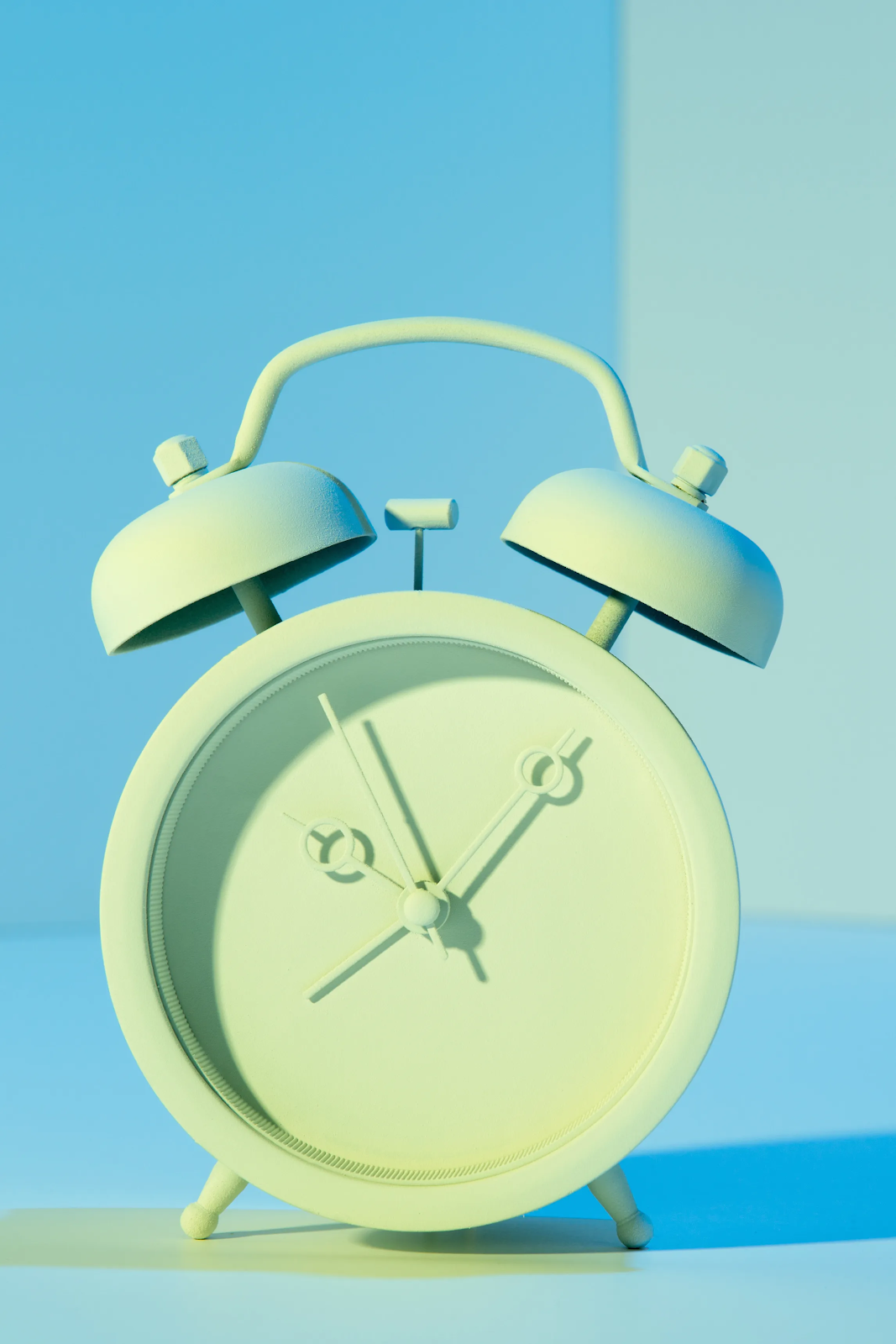There have been various studies conducted on the correlation between sleep patterns and intelligence, but the results have been mixed and not conclusive. While some studies have suggested that night owls tend to have higher levels of intelligence, other studies have found no correlation between sleep patterns and intelligence.
One study published in the journal "Personality and Individual Differences" in 2009 found that individuals who identified as "evening types" tended to score higher on measures of creativity and non-traditional thinking. However, this study did not control for other factors such as age, gender, and socioeconomic status.
Another study published in the journal "Intelligence" in 2010 found no correlation between sleep patterns and intelligence, after controlling for various demographic and lifestyle factors.
It is also worth noting that while some people may naturally have a tendency to be night owls, there are also external factors that can influence sleep patterns, such as work schedules and social activities. It is important to prioritize healthy sleep habits, such as getting enough sleep and maintaining a consistent sleep schedule, regardless of one's natural sleep tendencies.
In summary, while there have been some studies suggesting a correlation between sleep patterns and intelligence, the results have been mixed and inconclusive. It is important to prioritize healthy sleep habits for overall well-being, regardless of one's natural sleep tendencies.
Do you ever wonder why some people stay up late into the night while others are fast asleep by 10 pm? According to recent studies, people who go to bed later tend to have a higher level of intelligence than those who fall asleep early. In this blog, we will explore this fascinating topic by asking some key questions.
What do we mean by "intelligence" in this context? When we talk about intelligence in this context, we are referring to cognitive ability or general intellectual functioning. Intelligence can be measured using various standardized tests that assess cognitive skills such as memory, problem-solving, and verbal comprehension.
How is sleep related to intelligence? Research suggests that people who stay up late tend to have a higher level of cognitive ability than those who go to bed early. This may be due to the fact that people who stay up late are more likely to engage in activities that stimulate the brain, such as reading, writing, or working on creative projects.
What causes people to have different sleep patterns? Individual differences in sleep patterns are thought to be influenced by a combination of genetic and environmental factors. Some people may have a natural tendency to stay up late or wake up early, while others may develop these patterns based on their work or social schedules.
How does sleep quality affect intelligence? While the timing of sleep may be related to intelligence, the quality of sleep is also important. Poor sleep quality, such as waking up frequently during the night or not getting enough deep sleep, can negatively impact cognitive functioning. On the other hand, getting sufficient high-quality sleep can improve cognitive abilities such as memory and attention.
Is there a downside to staying up late? While staying up late may be associated with higher intelligence, it can also have negative effects on health and well-being. Lack of sleep has been linked to a variety of health problems, including obesity, diabetes, and cardiovascular disease. Additionally, staying up late may disrupt social and work schedules, leading to stress and decreased productivity.
In conclusion, the relationship between sleep patterns and intelligence is a complex and fascinating topic. While people who go to bed later may have a higher level of cognitive ability, it is important to prioritize getting sufficient high-quality sleep for overall health and well-being. By understanding the factors that influence sleep patterns, we can make informed choices about our sleep habits and optimize our cognitive functioning.




No comments:
Post a Comment